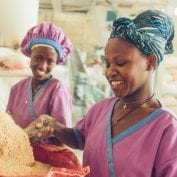
Boosting Nutrition and Opportunity in Africa
The inability to access safe, nutritious, and affordable food is a problem for many people across East and Southern Africa, leading to widespread malnutrition in children.

The inability to access safe, nutritious, and affordable food is a problem for many people across East and Southern Africa, leading to widespread malnutrition in children.
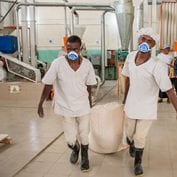
“Hidden hunger” is a form of undernutrition affecting millions of people in sub-Saharan Africa. Food fortification is a cost-effective strategy for addressing hidden hunger, helping people to access the nutrition they need.
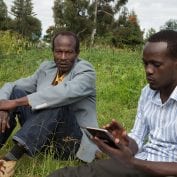
In partnership with the Bill & Melinda Gates Foundation, TechnoServe’s Innovation in Outcome Measurement (IOM) project aims to identify breakthrough innovations capable of transforming agriculture and to develop a framework for scaling these innovations for business use.
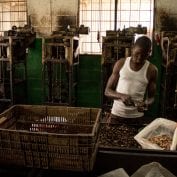
Solutions for African Food Enterprises (SAFE) was a public-private partnership between TechnoServe, Partners in Food Solutions, and USAID that aimed to increase the competitiveness of the African food processing sector to expand availability of affordable and nutritious foods to local populations. The program benefited more than 1,000 food processors who source from more than 800,000 smallholder farmers in five countries.
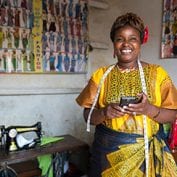
Business Women Connect was born out of research showing that micro-savings products are one of the most impactful tools for women entrepreneurs to access in order to grow their businesses.
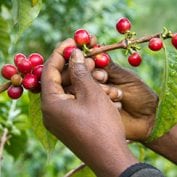
The Coffee Initiative worked with local farmers in East Africa to improve agronomy and business practices, establish new coffee cooperatives and strengthen existing ones, and help cooperatives create business plans and access financing for wet mills.
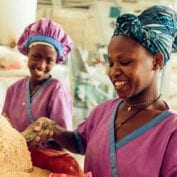
The Partners in Food Solutions (PFS)-TechnoServe Alliance matches the expertise of leading global food companies with the needs of African-based food processing companies in Ethiopia, Kenya, Malawi, Tanzania, and Zambia.
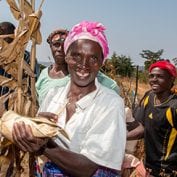
Staple crops like maize, soy and bean can provide much more than just subsistence for smallholders, they can also increase income, create jobs and improve food security. The Storage and Proper Post-Harvest Improvements for Resource Efficiency (SAPPHIRE) program, funded by the DFID, worked to capitalize on the potential of maize and increase incomes for farmers through increasing productivity and improved aggregation.
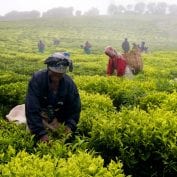
Extension services are an important feature in improving cotton production for farmers in the Lake Victoria region of northwest Tanzania.

TechnoServe is working with small- and medium-sized maize, rice and sunflower oil processors to increase the supply of, and demand for, nutritious and fortified foods.